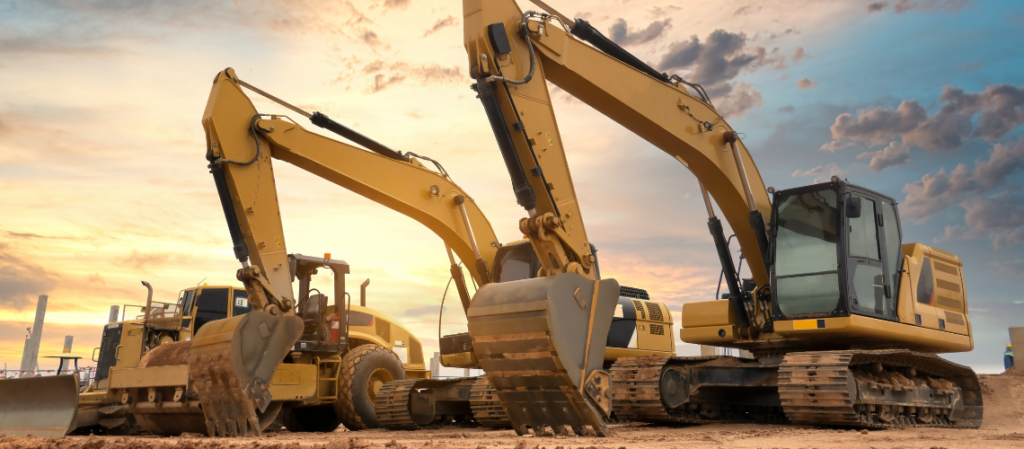6 Key Considerations When Renting Heavy Equipment
Google SiteKit • May 29, 2024

Renting heavy equipment is a common practice among construction companies, contractors, and various industries that require specialized machinery for short-term projects. While renting can be a cost-effective solution compared to purchasing, it’s crucial to consider several factors to ensure a successful and efficient rental experience.
In our latest blog article, our team explores key considerations that individuals and businesses should keep in mind when renting heavy equipment. Take a look!
Understanding the specific needs of your project is the first step in renting the right equipment. Evaluate the scope of work, the type of tasks the equipment will be used for, and the duration of the project. Different projects may require different types of heavy machinery, so it’s essential to choose equipment that aligns with your project’s demands to optimize efficiency and productivity.
Once you’ve identified your project requirements, consider the type and size of the equipment needed. Different projects may call for telehandlers, manlifts, bulldozers, or other specialized machinery. Ensure that the rented equipment has the capacity and capabilities to handle the tasks at hand. Choosing the right size of equipment is equally important, as oversized or undersized machinery may lead to inefficiencies and safety risks.
Before finalizing a rental agreement, thoroughly inspect the condition of the equipment. Ensure that it meets safety standards and has undergone regular maintenance. Well-maintained machinery is less likely to experience breakdowns and can contribute to a smoother workflow. If possible, request maintenance records to assess the equipment’s history and reliability.
Determine the duration for which you’ll need the equipment. Rental rates often vary based on the rental period, and choosing the right duration can significantly impact costs. If your project timeline is uncertain, negotiate flexible terms or inquire about the possibility of extending the rental period if needed. Clear communication regarding the duration ensures that you only pay for the time you actually use the equipment.
Understanding the financial aspects of the rental is crucial. Compare rental costs from different suppliers and carefully review the terms and conditions of the agreement. Consider additional costs such as delivery fees, insurance, and any potential penalties for exceeding the agreed-upon rental period. A clear understanding of the overall cost ensures that your budget aligns with the rental arrangement.
Most rental agreements, like the one offered by M.W. Rentals & Services, Inc ., mandate that customers are obligated to maintain self-funded insurance coverage. Throughout the rental period, customers must secure liability, physical damage, public liability, and property damage insurance, meeting specified minimums. These include general liability insurance of at least $1,000,000 per occurrence, property insurance equal to the replacement cost, worker’s compensation insurance, and a $1,000,000 combined single limit of Commercial Auto Liability. Policies must be primary, and non-contributory, with a waiver of subrogation, and customers are required to furnish certificates before and upon request. Any insurance excluding boom damage or overturns is considered a breach.
Renting heavy equipment can be a strategic decision for many projects, providing flexibility and cost savings. However, a successful rental experience relies on careful consideration of project requirements, equipment specifications, maintenance history, costs, rental terms, and insurance coverage.
By thoroughly assessing these factors, individuals and businesses can make informed decisions, ensuring that the rented equipment meets their needs and contributes to the successful completion of their projects.
To learn more about M.W. Rentals & Services, Inc. and the heavy equipment we have available, click here !